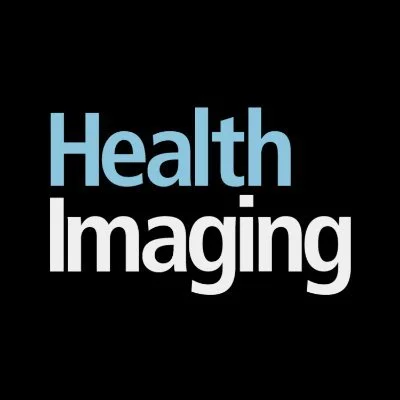
AI demonstrates higher accuracy than radiologists in predicting lung cancer treatment response from imaging.
Key Details
- 1Study is a meta-analysis of 11 retrospective studies comparing AI and radiologists for treatment response prediction.
- 2AI achieved a sensitivity of 0.90, specificity of 0.80, and accuracy of 0.90.
- 3Risk difference favored AI by 0.06 for sensitivity and 0.04 for specificity.
- 4Outcomes were modality-dependent, impacting the magnitude of AI's advantage.
Why It Matters
Improved prediction of treatment response could lead to more effective, personalized cancer care and alter clinical decision workflows. The results support the increasing role of AI in enhancing the accuracy of imaging-based assessments in oncology.

Source
Health Imaging
Related News

•HealthExec
New Report Highlights Clinical AI Performance, Sustainability, and Adoption Challenges
A multi-institutional review details key challenges, progress, and sustainability concerns in deploying clinical AI in real-world healthcare settings.

•AuntMinnie
LLM Boosts Terminology Expansion in Radiology Reports Over RadLex
A large language model (LLM) significantly outperforms RadLex in expanding terms for radiology report language standardization.

•Radiology Business
Google Releases MedGemma 1.5 and MedASR AI Models for Medical Imaging
Google has launched MedGemma 1.5 and MedASR, two new open-access AI models tailored for healthcare and medical imaging use cases.